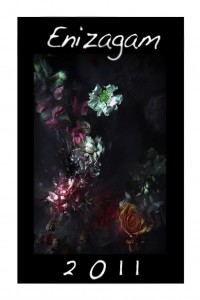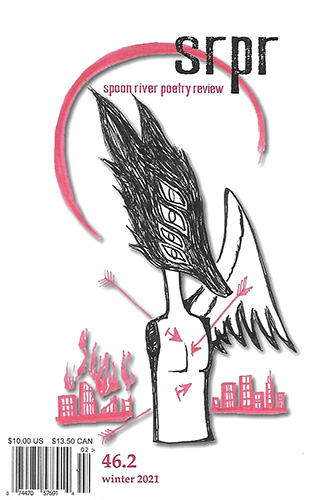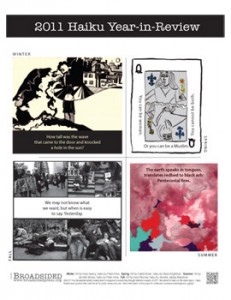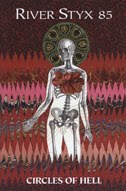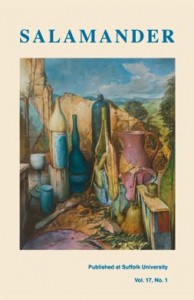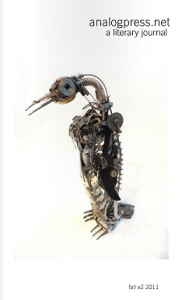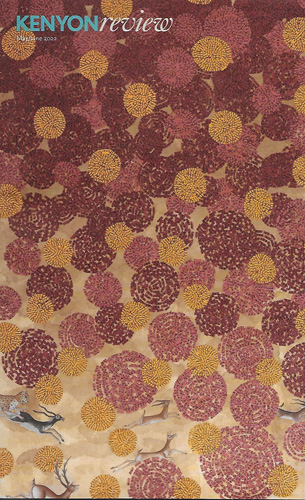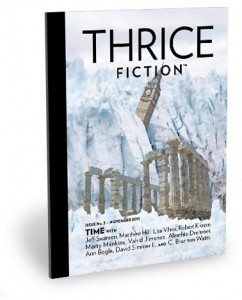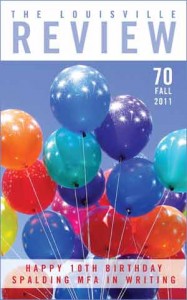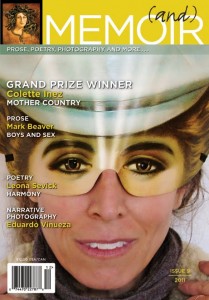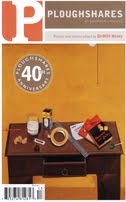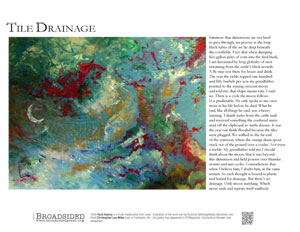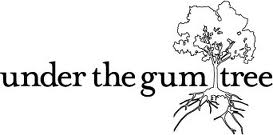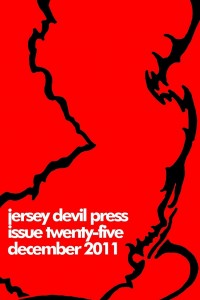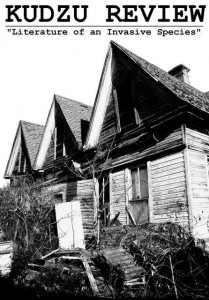 Kudzu Review is a biannual online ecojournal. Editor-in-Chief M.P. Jones IV writes that the title is from his grandfather’s, Madison Jones, house “which we lovingly called ‘Kudzu’ for the plant which proliferated along the property line. He was a farmer, writer, literary critic, and professor in Auburn, Alabama.”
Kudzu Review is a biannual online ecojournal. Editor-in-Chief M.P. Jones IV writes that the title is from his grandfather’s, Madison Jones, house “which we lovingly called ‘Kudzu’ for the plant which proliferated along the property line. He was a farmer, writer, literary critic, and professor in Auburn, Alabama.”
The biannual publication is available in PDF and on Issuu, and looks to publish “savvy, sharp, well polished literature that captures life in a post-natural world” and works that “cast new light on rapid species extinction, climate change, food production, technology, sustainability and community.”
The first issue of Kudzu Review features fiction, poetry, and artwork by
Aaron Poller, André Babyn, Ann Cavlovic, Anthony Rintala, Ashleigh Rajala, Becky Garrison, Cassie Premo Steele, Dominic James, Donal Mahoney, Donna Emerson, Drew Jennings, Dwain Wilder, Ed Zahniser, Jack Foster, Jeanpaul Ferro, Joan Colby, John Bohannon, Joseph Rhea, Karla Linn Merrifield, Kenneth Pobo, Lakshmi Eassey, Laurie A Skelton, Maggie Koger, Mercedes Lawry, Sue Blaustein, Susi Lovell, Thomas Fussey, Trent Laubscher, and Tiffany Morris.
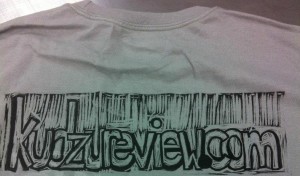 Kudzu Review is also offering a “fundraiser” for their publication: woodcut carving t-shirts, each individually hand pressed with a unique front design and back logo. T-shirt buyers have their names listed on a page “forever” in recognition of their support.
Kudzu Review is also offering a “fundraiser” for their publication: woodcut carving t-shirts, each individually hand pressed with a unique front design and back logo. T-shirt buyers have their names listed on a page “forever” in recognition of their support.
Kudzu Review is open on a rolling basis for e-mail submissions of short stories, flash fiction and poetry, and Submishmash submissions of art and photography.
Kudzu Review is staffed by Senior Editors: M.P. Jones IV, Editor-in-Chief; Arthur Wilke, Field Editor; Robin Ward, Web-Design Editor; and Associate Editors: Powell Burke, Fiction & Revisions Editor; Jane Alford, Nonfiction & Revisions Editor; Rivers Langley, 20-Year-Man Assistant Editor; and Ashley Sams, Visual Art Editor.




